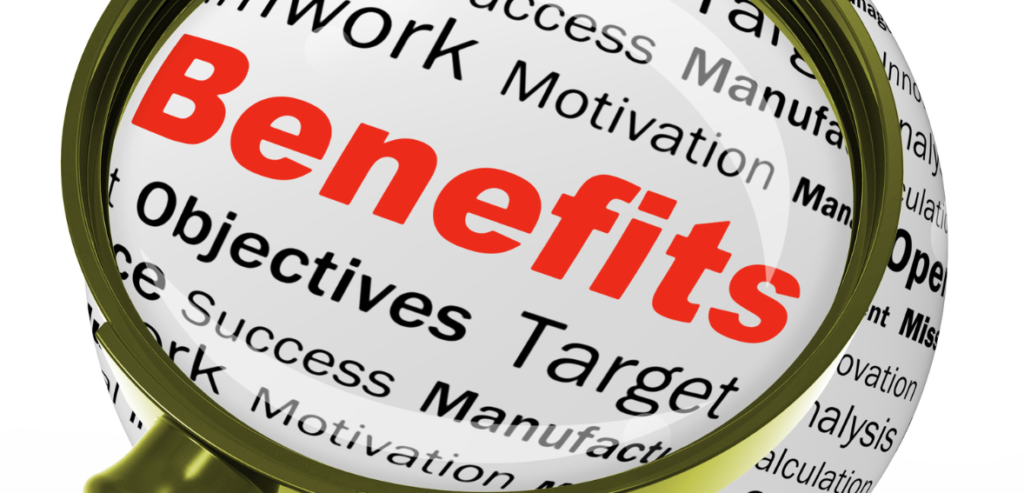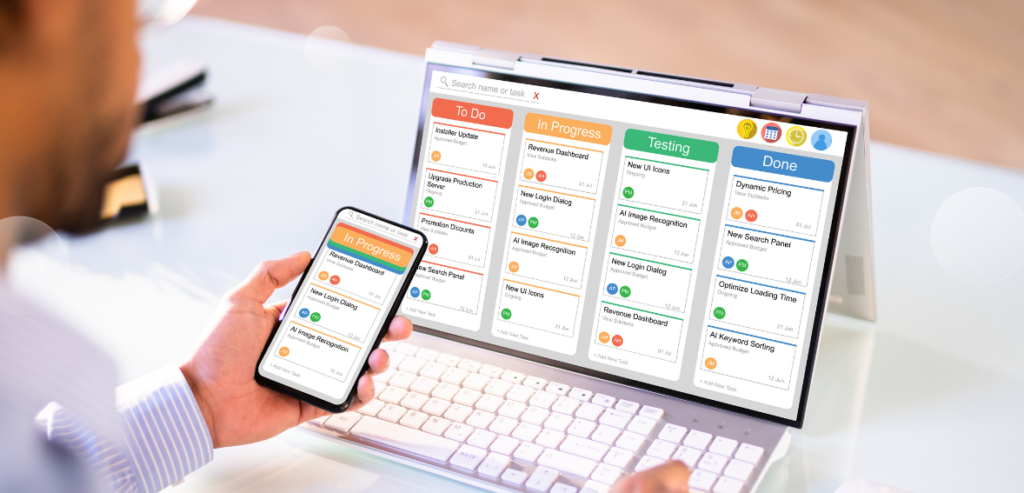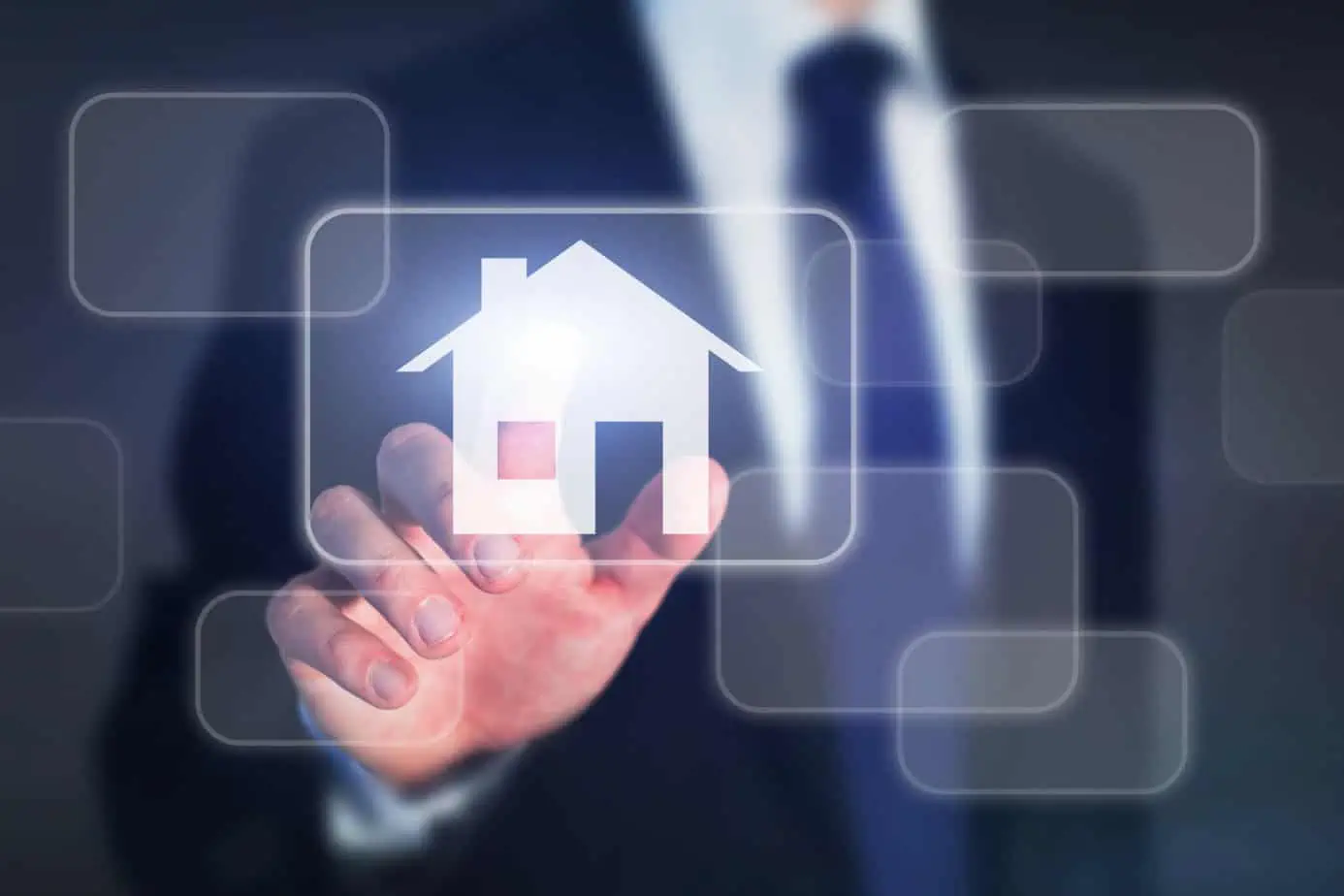Running a hotel requires keeping up with technological advancements in today’s cutthroat industry. Hotel Payment Management Systems (PMS) combine a hotel’s back office and front desk into a single system software. This software can collect data, analyze duties, and offer visitor loyalty programs.
The hotel PMS is a crucial business operating system that helps hotels provide outstanding guest experiences. Finding the ideal PMS system for your hotel might be difficult. Therefore, you need a fundamental understanding of these systems to make an informed choice.
What Is a Hotel Payment Management System (PMS)?

Property owners and front desk staff utilize a PMS, or property management system, to manage a hotel by organizing reservations, online booking availability, payments, and reporting in one location. Although this software often manages transactions and reservations, some hoteliers also use it to oversee housekeeping and human services. The primary goal of this technology is to streamline a hotel’s fundamental internal and external operations procedures.
Almost all hospitality businesses use a property management system, including tiny inns and huge chains. This technology assists hotels in managing several tasks, such as:
- Check-in and check-out for guests
- Availability of rooms
- Rates control
- Scheduling and billing
- Reservation administration
- Housekeeping/maintenance
- Transaction processing
How does a Hotel PMS work?
Hotels can employ PMS software to complete time-consuming, complex operations like accounting. Modern PMS makes currency exchange, billing, cashiering tasks, and posting simple. Quickly captured ledgers, financials, trial balances, and instantly generated reports are all possible. Additionally, it’s easy to handle both prior and walk-in reservations. The PMS software makes it simple to keep track of all the necessary information when a sizable group of visitors wants to reserve a stay at the hotel.
Additionally, the rooms must be clean before visitors can check in. The status of a room can be indicated using the PMS housekeeping software as being inspected, neat, dirty, out-of-service, or out-of-order. There are also practical elements like tools for employee scheduling and a lost property database. You would create a decent PMS so that staff members could report maintenance problems, track how quickly these problems were being fixed, and deal with rooms that weren’t in use or were out of order.
A well-designed PMS will present a clean home screen dashboard with information regarding in-house visitors, arrivals, and occupancy %. Most software programs also incorporate occupancy projections for yield and rate management.
Benefits of Using a Hotel PMS

Installing a hotel property management system in your establishment has many advantages. This software can complete all of these jobs and can benefit your company in several ways, including:
- Saves time
This software automates routine chores like billing clients, updating room availability, and emailing clients before arrival. Doing this gives you more time to work on pleasing your guests.
- Improves efficiency and security
Over time, hotels that manage front office tasks like billing, room availability, and reservations using spreadsheets or handwritten notes are frequently less productive. Furthermore, they won’t have a backup strategy if their spreadsheets or papers are lost or destroyed.
- Boosts revenue
You may track your hotel’s performance with the help of modern hotel PMS software, which can then provide the necessary reports. That enables you to monitor the performance of your property, which can help you refine your business plan. For instance, you might implement a dynamic pricing structure using your technology to fill more rooms at affordable rates.
- More convenient
You can integrate your channel management software into hotel management systems. You may see each reservation in your PMS by accepting reservations through various web channels. As a result, managing all bookings from a single spot is simple.
What Factors Should You Consider Before Selecting Hotel PMS Software?

Even if modern technology has many advantages, you must pick the best software for your hotel’s requirements.
Cloud-based product with a mobile version
There are typically no maintenance costs, and cloud software for hotels is less expensive than on-premises software. Instead, the hotel’s number of rooms determines subscription costs for cloud software. Even better, they only pay for modules that are used. Additionally, integrating cloud applications with other systems is simpler.
Cloud software typically comes in mobile formats and can be quickly and frequently updated. Better communication across departments is made possible by the mobile version. And this might significantly improve guest services.
The following are some advantages of a cloud-based hotel PMS:
- Simple check-in/check-out at hotels
- Through its mobile application, it improves housekeeping effectiveness.
- Systems integrated into hotel back offices
- Efficient placement of hotels
- Improve guest profiles’ quality and accuracy by centralizing and protecting client data.
Integration options
Hoteliers should confirm that their PMS vendor offers integration services and supports the necessary APIs if they already have systems or plan to connect additional software. Select a PMS that is compatible with your hotel’s existing CRM system. You can complete the integration without paying a different company’s technical contractor.
Customization ability
Depending on the kind and size of your hotel, you can utilize your PMS for various things. Ask the vendor if they provide the level of customization you need, such as a bed-based management system rather than a room-based one if your front office module calls for it.
User-friendly interface
Your team will become accustomed to the PMS more quickly, and it will be more user-friendly. Your operations may suffer during the changeover time if the interface is complex, and you will have to spend money on personnel training.
Price and return on investment (ROI)
Whether you buy an off-the-shelf solution or create a unique PMS, it is crucial to determine how much money you should pay. Consider the following elements to make sure your investment is worthwhile:
- Revenue and distribution effects
- Cost of system integration and upkeep
- How much time various jobs being automated would save you
Quality of support
Although the software might malfunction at any time, it must not impact your services. As a result, 24/7 customer service is crucial. Look for reviews of technical support from other hoteliers before choosing a PMS. Additionally, you should have a lengthy conversation with the seller about assistance to ensure that technical difficulties won’t have a material impact on your company.
Reporting and analytics
Integrations are crucial since a poorly integrated PMS makes proper reporting difficult. While getting reports directly from the system is possible, you should also provide a wholly integrated tech stack to reduce the time required for manual report pulling. Management may spend more time on urgent matters thanks to streamlined reporting. Several hoteliers know there never seems to be enough time in the day. So that you may concentrate on tasks that generate revenue, you want a PMS that makes reporting straightforward.
Summary
Using a PMS, especially a cloud-based system, alters how most hoteliers think about hospitality, and for a good reason. Customers may check in remotely, submit identity documents, and complete other tasks after booking a reservation using their cell phones. As a result, visitors can skip front desk procedures when they check in by having hotel workers take them directly to their rooms. Customers can request service by contacting personnel via an app or online portal.

